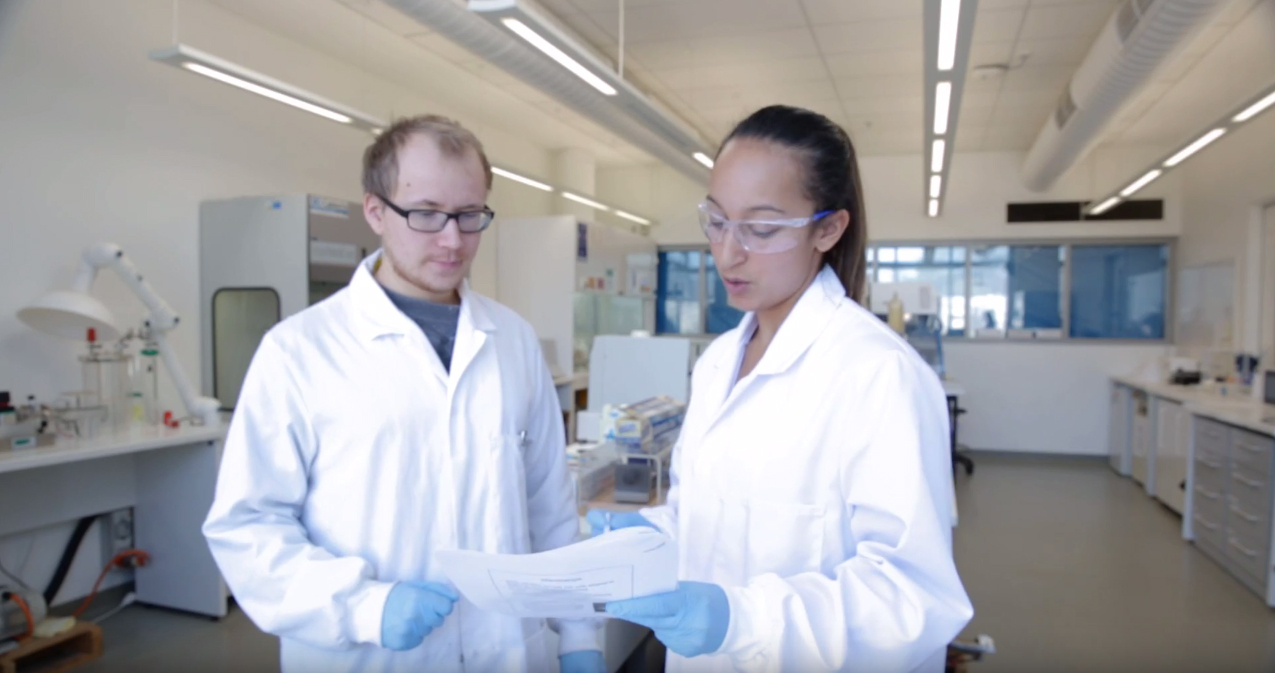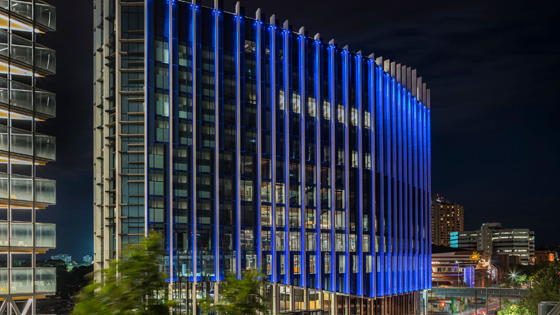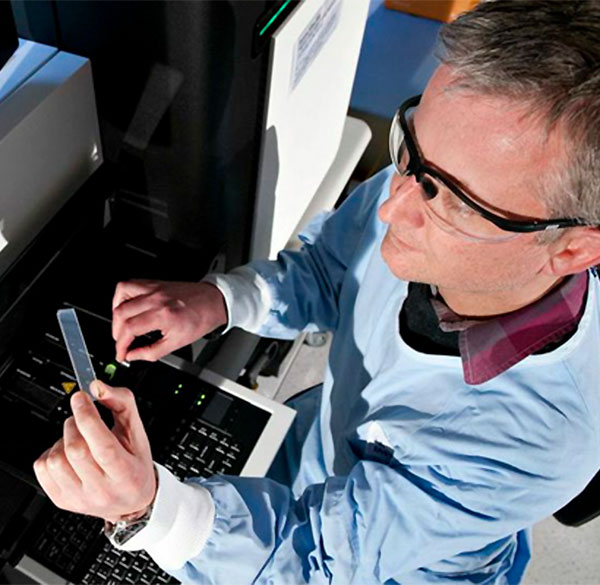
Our researchers from the Future Industries Institute are working to develop a new non-invasive point of care technology for the detection of urothelial cancers from urine samples.
Cancer of the urothelial tract, kidney and bladder together have a higher mortality rate than melanoma in Australia and cancer survivors require frequent surveillance for the rest of their lives. Unfortunately, current diagnostic tests are painful and costly and new clinical tools are urgently required.
Dr Melanie MacGregor is a lead researcher on this collaborative project that involves five institutions, with leading clinicians and scientists from the fields of biomaterial engineering, cancer biology, and pathology.
The device is based on a patented plasma polymer coating developed at UniSA that has unique properties for biomedical use. The research team have demonstrated the fluidic device’s ability to selectively capture cancer cells in controlled test conditions and also from patient urine samples.
Based on promising preliminary results from screening cancer patient samples, this research team is now testing the technology in a pre-clinical study.
This work may well lead to the first commercially available device for cancer cell detection from urine.
Update: This technology has since attracted industry investment. Together with SMR Technology, an independent division of SMR Automotive Australia Pty Ltd, an expanded research team is now working together in a Cooperative Research Centre Project towards the industrialisation of the diagnostic device for non-invasive bladder cancer detection.

When you give today, 100% of your donation will go directly to the researchers - with no admin fees or hidden costs.
The University of South Australia (UniSA) is committed to tackling one of our most challenging diseases – cancer – by establishing the largest cohort of cancer researchers ever assembled in South Australia. Every day our experts are getting one-step closer to saving more lives as well as improving the quality of life for cancer survivors. But they need your help.
